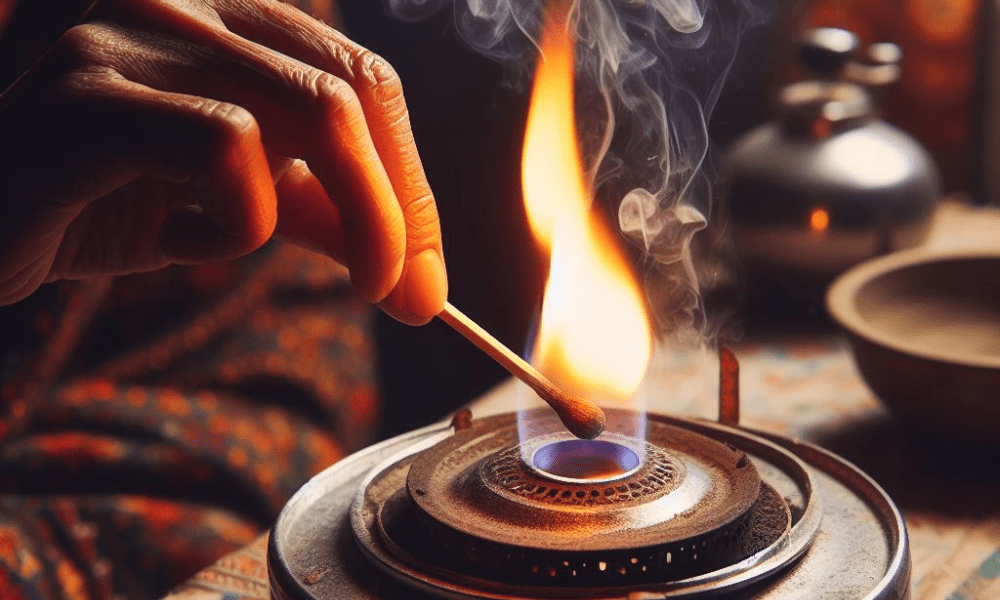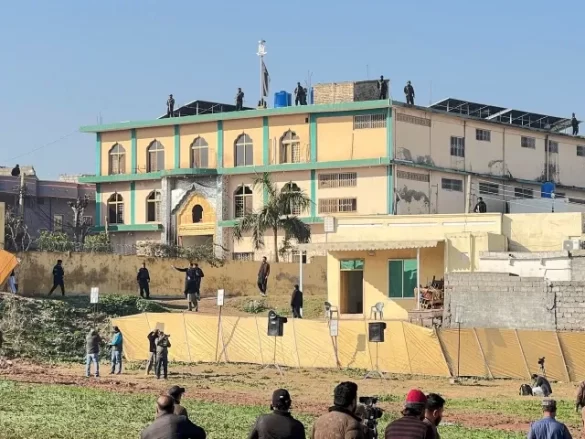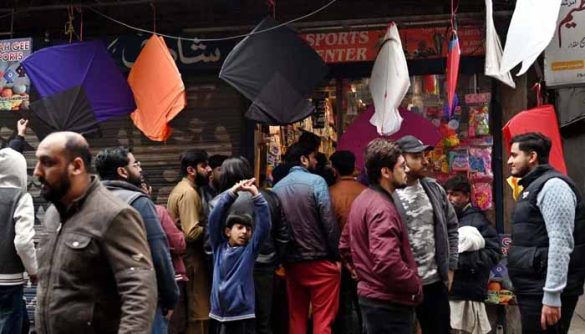Gas Pressure Disappears with Onset of Winter
With the arrival of winter, residents of Jhelum — a city in Pakistan’s Punjab province — are facing a severe shortage of natural gas. Locals report that gas pressure has dropped to nearly zero, disrupting daily life and making it increasingly difficult for households to cook or heat their homes.
Both scheduled and unscheduled outages have become routine. For many, cooking simple meals has turned into a daily challenge. Stoves go out entirely during the morning and evening hours, when demand typically peaks.
Daily Life Thrown into Disarray
The gas shortage has created widespread frustration among domestic consumers. Many households say they wake up to find no gas supply at all, forcing them to delay breakfast and school routines. In the evenings, when temperatures fall further, stoves fail to light once again.
Families are now depending on alternative fuels such as liquefied petroleum gas (LPG) and firewood. However, the rising prices of these substitutes have made life even harder. According to residents, the cost of LPG cylinders has surged in recent weeks, while firewood — traditionally used by lower-income families — is becoming unaffordable.
“We can neither cook nor heat our homes,” said a Jhelum resident. “Gas is either completely off or the pressure is too low to light the stove. Even LPG prices have gone up, so what are we supposed to do?”
Economic Strain and Rising Costs
The energy shortage is not limited to Jhelum. Similar problems have been reported across Punjab and other parts of Pakistan as winter begins. According to the Pakistan Bureau of Statistics, natural gas accounts for over 35% of the country’s total energy consumption. However, domestic supply continues to decline due to limited local production and growing demand during colder months.
Experts note that Pakistan’s natural gas reserves have been depleting for years. The country now imports liquefied natural gas (LNG) to bridge the gap between supply and demand. Yet, global price fluctuations and foreign exchange shortages have made imports expensive, leaving domestic consumers to bear the brunt.
As gas shortages worsen, residents are also facing higher electricity bills due to increased reliance on electric appliances for heating and cooking. Small restaurants and food vendors, heavily dependent on gas, report falling sales and higher operating costs.
Citizens Demand Immediate Action
Frustrated by the ongoing crisis, Jhelum residents are calling on the Sui Northern Gas Pipelines Limited (SNGPL) — the state-run utility responsible for the region — to restore stable gas pressure and end both scheduled and unscheduled outages.
Local citizen groups have also urged the government to address the broader issue of energy management. They demand better planning to ensure a fair distribution of available gas and transparent communication about load-shedding schedules.
Many argue that despite repeated promises from authorities, the situation remains unchanged year after year. “Every winter, we hear the same assurances,” said another resident. “But nothing improves. We need a long-term solution, not temporary fixes.”
Broader Energy Challenges
Pakistan faces a recurring gas crisis every winter due to supply shortages and infrastructure limitations. According to energy analysts, the gap between demand and supply can reach as high as 1.5 billion cubic feet per day during peak months. Industrial consumers and domestic users often compete for limited supply, with priority given to essential services.
The government has previously pledged to invest in new pipelines and storage facilities, but progress has been slow. Until those measures take effect, cities like Jhelum are likely to continue suffering from low gas pressure and frequent outages during the cold season.
Conclusion
As winter tightens its grip, Jhelum’s residents are left to cope with yet another season of shortages and uncertainty. Without consistent gas supply, everyday tasks like cooking, heating, and even bathing become difficult.
For many Pakistanis, the gas crisis has become an annual ordeal — one that highlights the country’s deep-rooted energy challenges and the urgent need for sustainable, long-term solutions.















